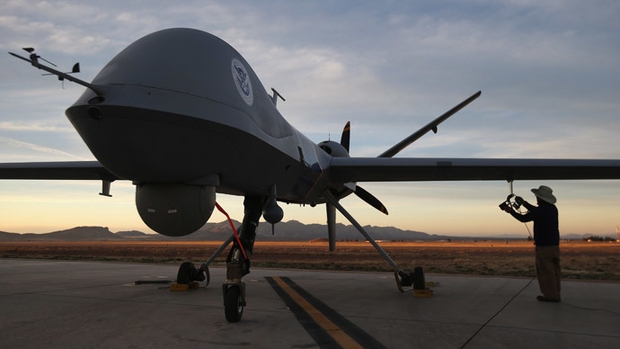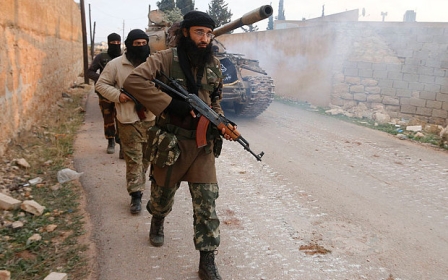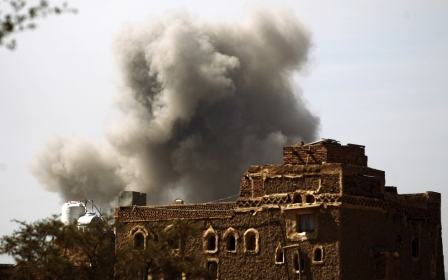Trump gives CIA power to conduct drone strikes: US media

President Donald Trump's administration has given new powers to the CIA to conduct drone strikes against militant targets in the Middle East, the Wall Street Journal reported on Tuesday.
The move would represent a change from Obama-era policies that limited the spy agency's role in conducting paramilitary strikes.
Barack Obama had insisted on a more cooperative approach in drone strikes, with the Pentagon using intel from the CIA before the Pentagon conducted the attack itself.
According to the Journal, the CIA first used its new powers in February when it apparently killed al-Qaeda leader Abu Khayr al-Masri in a strike in Syria. US officials have not confirmed the strike, but al-Qaeda said Masri was killed "during a Crusader drone strike" in Syria.
The CIA and the Pentagon declined to comment on the Journal report. Typically, the Pentagon details its strikes, but it has said nothing about the Masri killing.
Separately, The New York Times this week reported that the Trump administration is also working to loosen Obama-era rules that aimed to limit civilian deaths in drone strikes.
Trump has already granted a request to declare parts of Yemen to be areas of "active hostilities," where the rules around strikes require less coordination with Washington, the Times said.
That paved the way for a botched 29 January special operations raid which resulted in the deaths of a Navy SEAL and multiple civilians - including women and children.
Trump is also weighing a request for a temporary loosening of rules in Somalia, the Times said.
On Monday, Pentagon spokesman Jeff Davis said the ongoing authorities for strikes in Yemen were granted at the same time as the approval for the ill-fated raid, the first under Trump's presidency.
In July, the Obama administration provided fatality estimates for 473 strikes between 2009 and 2015 that were conducted outside principal war zones.
Officials claimed anywhere from 64 to 116 civilians were killed in the strikes, and up to 2,581 combatants - but critics have constantly said the government underestimates civilian casualties.
Meanwhile, Trump hosted Saudi Arabia's powerful Deputy Crown Prince Mohammed bin Salman at the White House on Tuesday, for talks expected to focus on the economy and rolling back Iranian influence.
Trump welcomed the young prince to the Oval Office, as both countries expect to improve ties that were frequently strained under Obama's administration.
Saudi Arabia is likely to welcome Trump's harder line on its arch rival Iran and there is likely to be less friction over Riyadh's war against Iranian-backed Houthi rebels in Yemen, where the monarchy has been criticised for conducted air strikes that killed civilians.
New MEE newsletter: Jerusalem Dispatch
Sign up to get the latest insights and analysis on Israel-Palestine, alongside Turkey Unpacked and other MEE newsletters
Middle East Eye delivers independent and unrivalled coverage and analysis of the Middle East, North Africa and beyond. To learn more about republishing this content and the associated fees, please fill out this form. More about MEE can be found here.




